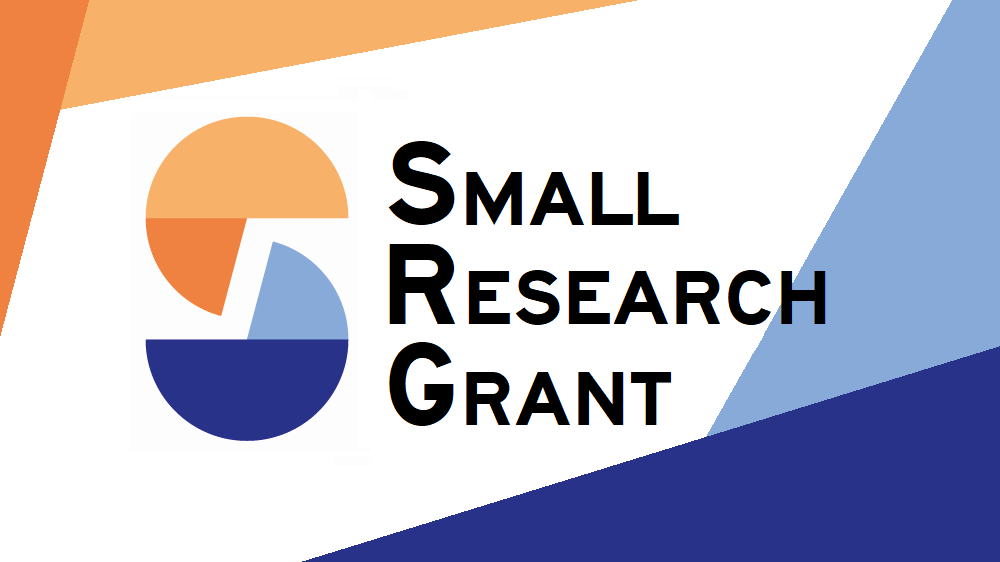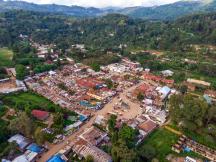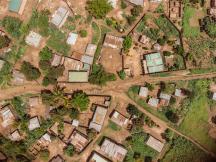As a response to a sharp increase in global grain and fertilizer prices, the Tanzanian Government, together with the World Bank, invested around US$ 300 million in 2008 to implement a voucher subsidy program in an attempt to preserve national food security and raise agricultural productivity. The National Agricultural Input Voucher Scheme (NAVIS) provided 50% subsidies for new seed varieties and chemical fertilizers to 2.5 million smallholder farmers. NAVIS was largely considered to be a success by aiding smallholder farmers to harvest more than 2.5 million tons of additional maize and rice grains. However, in theory, increased agricultural productivity could induce farmers to expand their farming activity and raise the pressure to clear forests for new land. This raises the question on whether the policy had a non-negligible effect on Tanzania’s forests.
Indeed, we argue that the voucher program induced farmers to expand cropland which significantly contributed to the country’s rate of deforestation. Our empirical research design exploits the spatial and temporal variation of the input subsidy program and high-resolution satellite data on forest loss, land use, nightlights, and a range of climatic variables such as precipitation and temperature to assess the policy’s impact on environmental outcomes. NAVIS initially targeted 11 high potential growing regions and, due to political pressure, ultimately expanded to a nationwide program in 2011. This natural experiment allows us to compare targeted regions before and after they received subsidies with regions in which farmers did not get offered vouchers. However, given that the program targeted regions in high rainfall zones with relatively high potential yields of maize and rice grains, treated and non-treated regions would presumably have developed very different in the absence of the policy. Hence, we employ a difference in discontinuity design by exploiting the high-resolution nature of satellite imagery to compare areas just outside and just inside regions in which farms received vouchers. Our results suggest that targeted regions expanded their area under crop cultivation by clearing forests which significantly contributed deforestation in Tanzania.
We complement our empirical research with a theoretical model which is able to map our empirical identification into a theoretical mechanism and conduct counterfactual analysis. Therefore, we develop an endogenous occupational choice model with multiple agricultural industries. The production side is an extension of the "span of control" model generating farms from different size. We calibrate the model using micro-level survey data from the Living Standards Measurement Study and evaluate the effect of counterfactual policies on deforestation and structural transformation.

















































